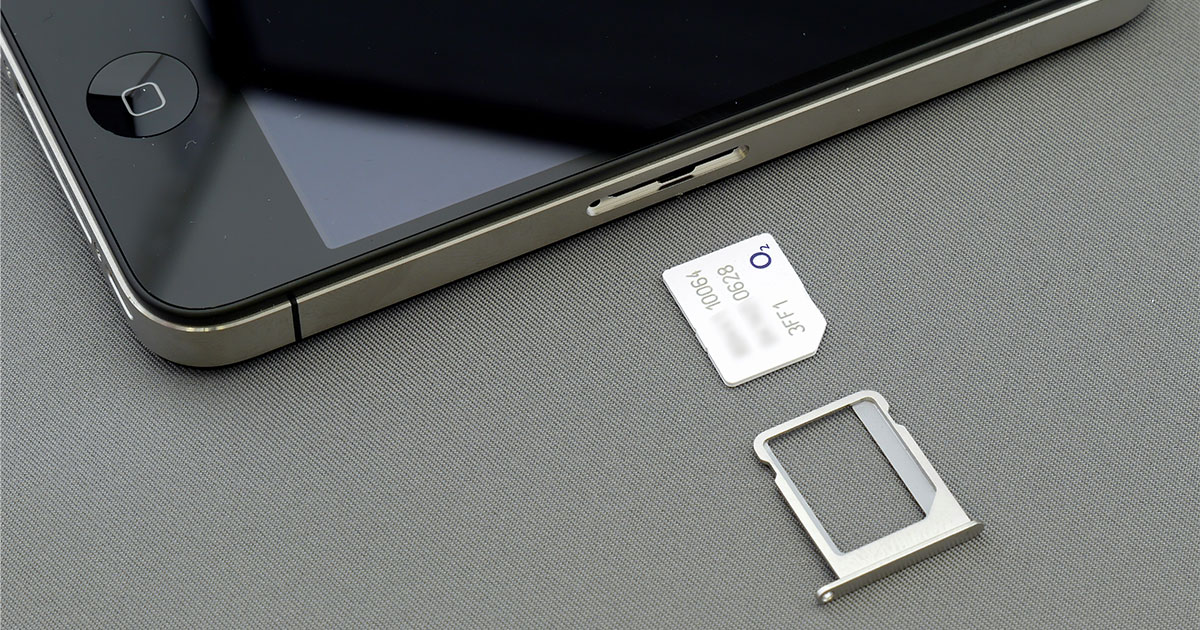This post on mobility management was written in conjunction with one of our partners, Calibre One.
Spend on mobile services is growing rapidly, with Grand View Research estimating the fixed and voice market size in 2021 at $124.2 billion USD. Yet, most companies only give their telecom fleet a second thought when their carrier renewal comes up every couple of years instead of having a dedicated mobility management strategy.
Here’s the most common scenario, the telecom carrier contract is up for renewal, you bring in benchmark services and/or a competitor quote to squeeze your current provider on price. While getting a ‘good deal’ every two years is good, what’s far better is continually extracting better value from your mobile fleet over the contract cycle. You can do this with improved mobility management.
Recognising this need is the first step towards more efficient mobility lifecycle management in your business. And often just behind this realisation comes the question, is it better to manage your mobile fleet in-house or outsource to a Managed Mobility Services (MMS) partner?
In-house mobility management can introduce some risk factors such as lack of industry expertise, best practice methods and ability to be agile in responding to changing technology needs. So while it may be a step in the right direction, in-house management will create manual processes and inefficiencies that cause significant time and resources to be wasted and costs incurred.
On the other hand, outsourcing your mobility management to a trusted provider has many benefits. In this post, we’ll explore four reasons why you should outsource your business’s mobile fleet management.
Tap into mobility management best practice knowledge and services
A top-notch MMS provider will help you manage and optimise your company’s mobile fleet using current mobility best practices. Whether it’s support, contract compliance, plan recommendations, security or billing analysis, having the professionals in mobility management will ensure proactive optimisation of your fleet.
Even in a business with a large mobile fleet, building the in-depth expertise across different stages of the mobility lifecycle in-house is, at best, time-consuming and, at worst, costly with sub-par results. Unfortunately, what you don’t know about mobility management best practice could end up costing your business significant dollars.
The bottom line: With central support desks and dedicated expert resources at each point of the mobility lifecycle, an MMS provider does mobility better and faster than you can probably do in-house. A good MMS provider will give you access to best practice knowledge, support and resources, and will inform you about emerging technology and trends in the mobility space. Providers work to proactively implement continuous solution improvements, to keep you ahead of the game.
Tailored support for better outcomes
The nature of mobile means that it is a class of asset that is always on the move. When changes, updates, or new services are required, it’s often business-critical that these can be delivered in line with certain business needs and expectations. The right MMS provider will tailor unique support options to align with your company’s requirements.
While many businesses look at support as a one size fits all model, in reality, it is a more customised nature of support that will improve satisfaction and make the biggest positive difference to your bottom line. Look out for a customer-centric support model which puts the customer first, regardless of the outcome for the carrier.
Increased efficiency and cost savings
It’s easy to forget the aggregated cost of mobility. It’s usual to focus on the monthly service charge, but often forgotten is the hardware cost (which is sometimes 75% of the cost a corporate laptop!), let alone the hidden internal time and money that is wasted managing fleet activity and overall spend.
After the procurement of an asset or service, there are many other stages of mobile fleet management that in many organisations are handled across various departments using manual processes, with limited specialised experience. Inefficiency is alarmingly common and related costs are higher than they need to be.
Outsourcing to an MMS provided will drive these costs down. In fact, a Gartner survey found that over 50% of respondents experienced a Total Cost of Ownership (TCO) reduction of greater than 10% after sourcing a service provider for MMS.
Not sure if outsourcing is right for you?
Ask yourself the following questions:
- How much time does it take to manage your mobile fleet and telecom expenditure, from procurement, to reporting, to analysis, and even then, are you confident of the result?
- Can you get a full understanding of the status and history for proper governance, or does it take hours or days to understand the ecosystem?
- Do you and your departments know who has every device and what the usage is?
- Can you quickly understand your monthly billing to make the right decisions? In which cost centre was there a change? Due to which employee or service? And why?
Your answers will help you understand how sophistocated your current processes are, and whether a managed mobility oslution is right for you!



